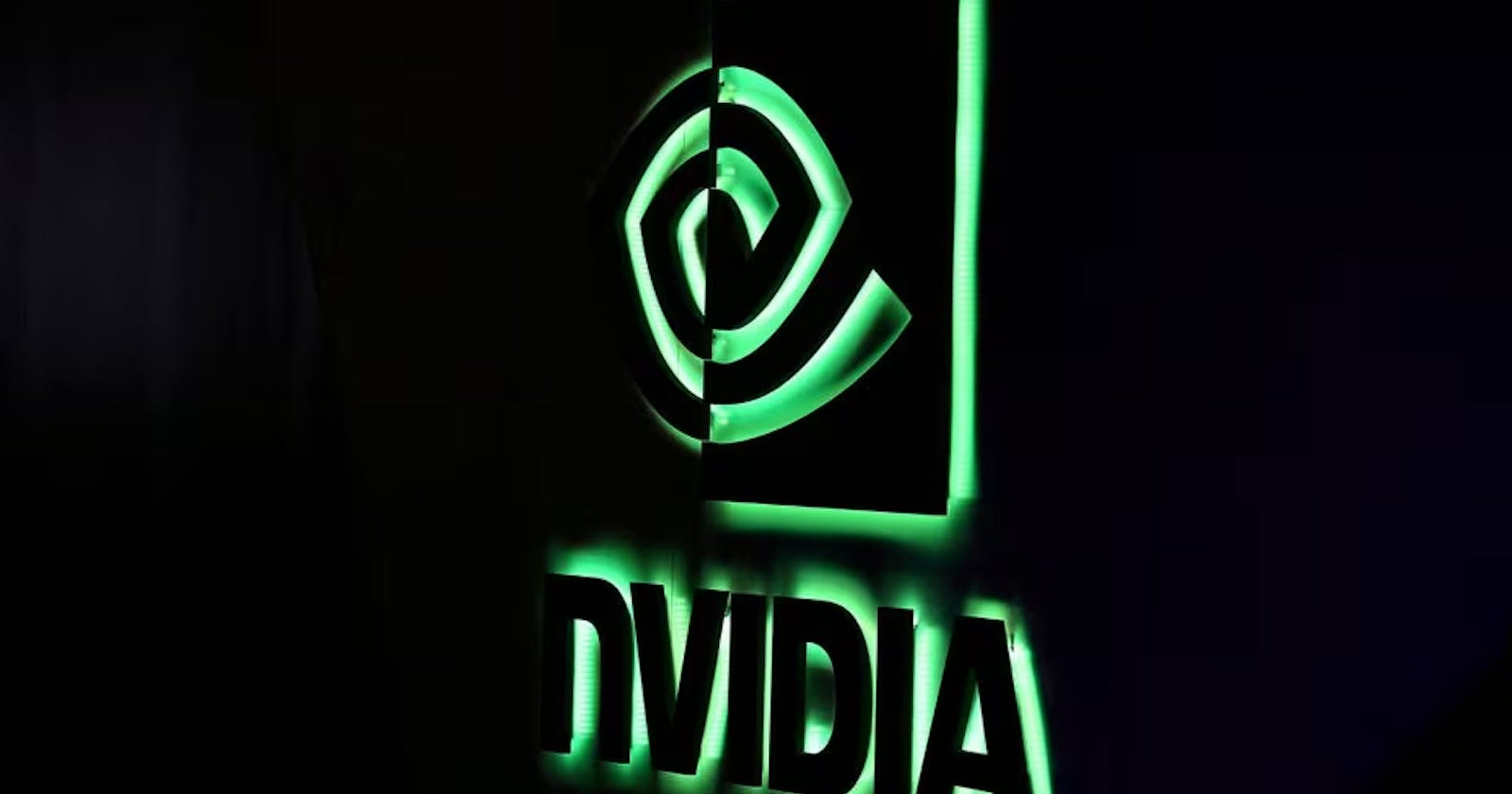Nvidia starts pre-orders for its H20 AI chip for China, costing $12K-$15K. The chip’s specs suggest Huawei’s 910B has more power in some aspects.
Nvidia has started taking pre-orders for a new China-specific artificial intelligence (AI) chip, the H20, from distributors who are pricing it on par with a rival product from Huawei.
The H20 is the most powerful of three Nvidia has been developing for the Chinese market after the U.S. expanded bans on high-end chip exports.
The H20 will naturally deliver less computing power than Nvidia's flagship H100 AI chip and the H800 - the later China-specific card that was also banned in October.
Specifications for the H20 also appear to indicate it is less powerful than Huawei's Ascend 910B in some key areas.
Nvidia has been pricing orders for H20 distributors in China in a range of $12,000 to $15,000 per card.
Distributors have started advertising the chips with a significant markup to the lower end of that range at about 110,000 yuan ($15,320).
Huawei's 910B is being sold for around 120,000 yuan.
Nvidia declined to comment.
Distributors have told clients they will be able to start delivering the H20 products in small batches in the first quarter of 2024 and in larger quantities from the second quarter.
Before the U.S. curbs, Nvidia dominated China's AI chip market with more than 90% share. However, it currently faces increasing competition from domestic rivals, chief among them being Huawei.
Huawei's 910B chip is widely considered the most competitive AI offering now available within China and has become more popular amid concern that buyers could be faced with further restricted access to Nvidia's products resulting from U.S. sanctions.
Nvidia plans to begin mass production of the H20 in the second quarter of this year.
Nvidia also plans to roll out two other China-specific chips, the L20 and the L2. Neither the H20, the L20 or the L2 are currently listed on Nvidia's website.
Underscoring the importance of the China market to Nvidia, CEO Jensen Huang visited the company's offices in Shenzhen, Shanghai and Beijing last month for the company's annual parties before the Lunar New Year holiday.
